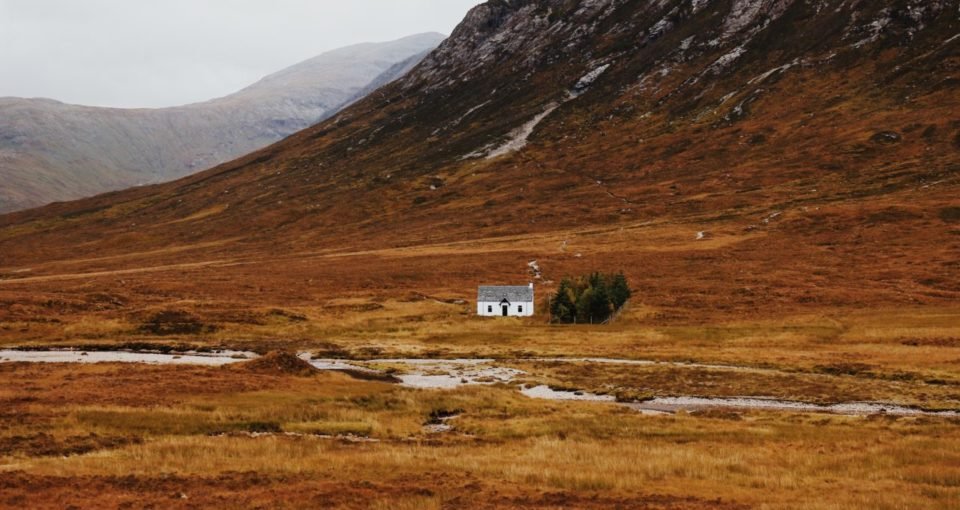The Right to Roam
Ross McEwen, July 16, 2011

The right of public access to the wilderness, or more commonly ‘the right to roam’ is a confusing part of the law in many countries. This guide intends to eradicate the penumbra of doubt and clarify your right to enjoy the environment in Northern Europe.
Scotland
Scotland has recently updated and widened the rights of access to the outdoors. Visitors have unhindered access to open countryside and inland water for recreational and educational use, provided that care is taken not to cause damage or interfere with activities such as farming.
England and Wales
Land access rights in England and Wales have been fraught with disputes for years, but measures have been made recently to impose a semblance of consistency and uniformity. Recreational land users have access to certain parts of the countryside; principally downland, heathland and coastal land. They do not enjoy the same exclusive land use rights as adventurers north of the border. The real restriction is on water, only 2% of navigable inland water is open to all, although the British Canoe Union is campaigning for better access rights.
Finland
In Finland, the “jokamiehenoikeus” or “every man’s right” is enjoyed by all recreational users of land. The laws are liberal, allowing access to the countryside, fishing and transport on inland waterways and the picking of naturally-occurring food, the sale of such food is even tax free! These rights are extended so that one may set up camp anywhere they desire, so long as it is a ‘reasonable’ distance from private residences.
Norway and Sweden
The rights of access granted in Norway and Sweden are much the same as in Finland. All land users are expected to show consideration for land owners and farmers and generally respect the environment with regards to litter and noise. In Norway, all fishing is subject to legislation to among other things protect biological diversity, and this legislation stipulates rules regarding the use of gear, seasons, bag or size limits and more. In Sweden the fitting maxim is “do not disturb, do not destroy” but fishing remains essentially private—apart from on the biggest five lakes and the coast of the Baltic Sea, the Sound, Kattegat and Skagerrak. Access to land by means of motor vehicles is prohibited.